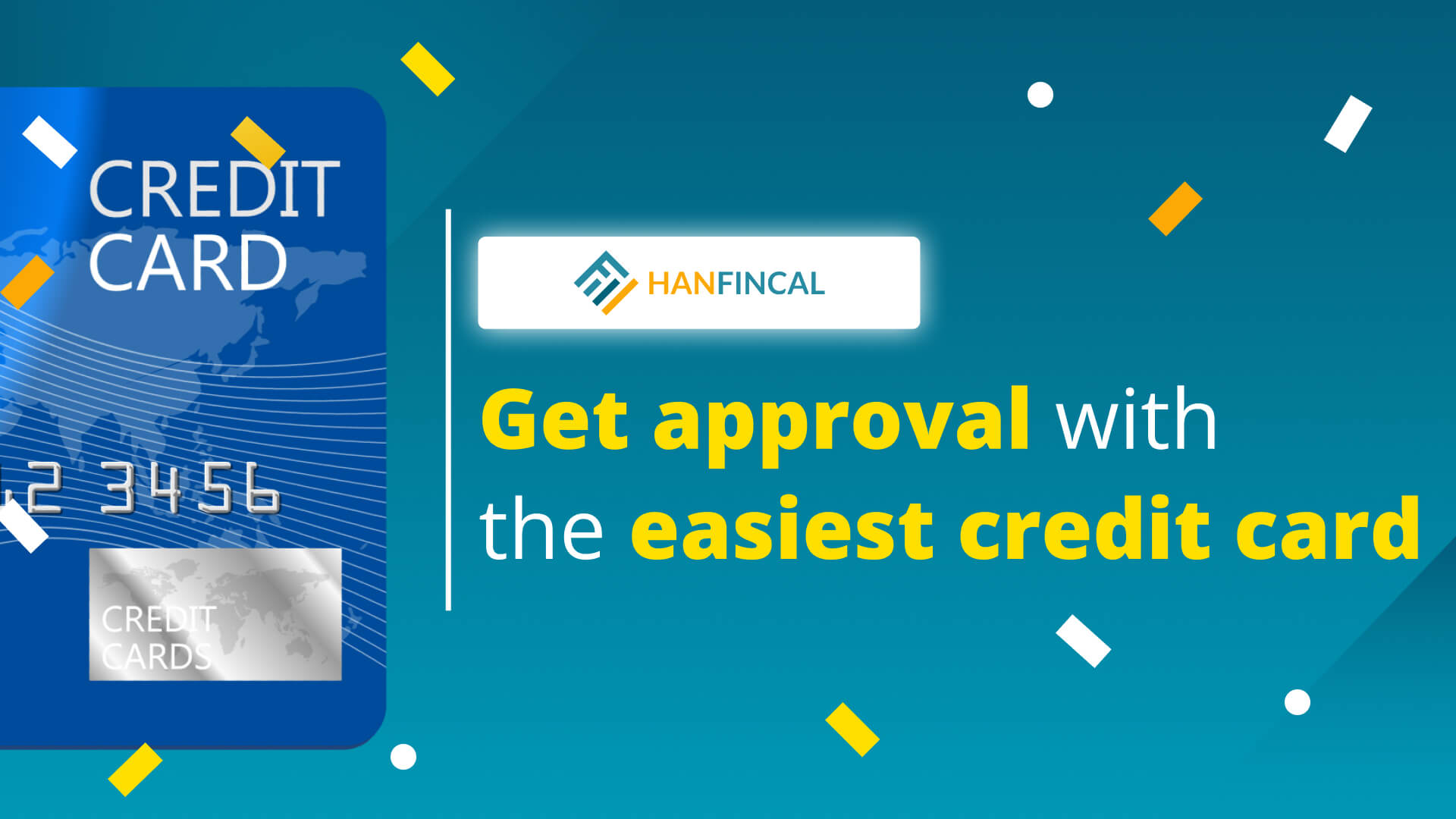Over ten different types of credit cards, as shown by Hanfincal, can help you draw an overall picture to describe a type you want to apply for. With thousands of credit cards available, determine which one is best for you. Don’t be concerned; read this article right now.
1. Different types of credit cards
1.1. Low-interest and balance transfer cards
- Balance transfer credit cards
-
- A credit card with a 0% APR (for 15 to 21 months) can save you money by directing all of your payments toward reducing the principal balance rather than diverting some to pay interest charges.
- Most cards charge an upfront balance transfer fee of 3% or 5%, but some credit cards have no balance transfer fee.
- Some examples of balance transfer credit cards are Bank of America Customized Cash Rewards credit card, Citi Rewards Card, and Wells Fargo Cash Wise Visa card.
- 0% intro APR credit cards and low-interest credit cards
-
- Many credit cards also offer 0% intro APR on purchases for a limited time, usually up to 18 months.
- These types of credit card options include the Citi Diamond Preferred Card, the Citi Double Cash Card, and the U.S. Bank Visa Platinum Card.
1.2. Rewards credit cards

Rewards credit cards
- Travel credit cards
-
- Travel credit cards allow you to earn miles or points on purchases that you can redeem for free flights, hotels, and other travel expenses.
- Some travel rewards credit cards may provide additional benefits and perks, such as airport lounge access, sign-up bonuses in points or miles, and free checked bags.
- Travel cards are classified into general travel cards (such as the Capital One Venture Rewards Credit Card) and co-branded cards (The Delta SkyMiles Gold American Express Card).
- Cash back credit cards
- They can assist you in simplifying your finances, earning rewards on spending, and taking advantage of additional benefits that debit cards do not provide.
- Cash back cards can earn flat-rate, tiered, or rotating bonus rewards.
- Some cash back credit cards: 0-annual-fee Wells Fargo Active Cash℠ Card, American Express Blue Cash Preferred® Card, or Chase Freedom FlexSM Card.
1.3. Credit-building cards
- Student credit cards
-
- A student credit card can provide:
- Financial education and resources are available online, via apps, or by phone.
- Assistance in developing good payment habits through alerts and reminders from your credit card issuer.
- Cash back and other student-specific rewards.
- The Discover it® Student chrome, for example, has no FICO credit history requirement and offers ongoing rewards.
- A student credit card can provide:
- Secured credit cards
- A secured credit card needs a cash security deposit when the account is opened. The deposit, which is usually equal to your credit limit, reduces the risk to the credit card issuer.
- If you want to start with a secured credit card, the Discover it® Secured Credit Card is a good option.
- Alternative cards
- Alternative payments are convenient, inexpensive, and efficient. Card payments have two major advantages: authorization (guaranteed funds to the merchant) and payment speed.
- Alternative cards, which are now available from many issuers, consider factors other than credit scores during the approval process. This is easier for those with no credit history to apply and be approved.
- An example of an alternative card is the Petal® 2 “Cash Back, No Fees” Visa® Credit Card.
1.4. Business credit cards

Business credit cards
A business credit card is a credit card that is intended for use by a business rather than for personal use. Businesses of all sizes can apply for business credit cards, which can help them build a credit profile and improve future borrowing terms.
Small business credit cards give owners of small businesses easy access to a revolving line of credit with a set credit limit, allowing them to make purchases and withdraw cash. Furthermore, a sound business credit card will help you benefit from your daily spending and make running your business easier.
Interest rates on these credit cards are typically slightly higher than those on traditional loans. This is because credit card debt is generally unsecured, which puts lenders at a higher risk.
Cash back credit cards, typical rewards credit cards, travel credit cards and even secured credit cards can be used for business purposes.
Examples of business credit cards include the American Express Blue Business® Plus Credit Card, the Ink Business Unlimited® Credit Card, and the American Express Blue Business CashTM Card.
1.5. Store credit cards
Store cards or retail cards are credit cards that can only be used at specific locations. Customers can obtain these revolving lines of credit from retailers who work with banks. Store cards encourage customers to buy items on credit today and pay them off later.
Using a store credit card in the store with which it is associated may earn you more rewards than using a traditional rewards credit card in the same store. Furthermore, some store cards include additional benefits such as discount coupons and event invitations.
Like any other credit card account, store cards can help you build credit over time if used responsibly.
Moreover, these cards can be “open-loop,” which means they can be used anywhere, or “closed-loop,” which can only be used at the retailer in question. For example, you cannot use your closed-loop Target REDcard Credit Card at the local gas station.
1.6. Charge cards
A charge card is a kind of electronic payment card that does not charge interest but requires you to pay the statement balance in full every month. A small number of issuers provide charge cards. They have an uncapped spending limit and generous reward benefits for cardholders, but they usually have a high annual fee.
1.7. Other types of cards
- Cards for kids
-
- Prepaid cards are a good option for your child in an emergency, or you can add your child’s name as an authorized user to your current credit card account. Moreover, if your child is 18 or older, you can also assist them in applying for their credit card, thereby helping them build credit while also providing them with a convenient way to pay.
- Greenlight is a debit card for children that includes many parental controls. Parents can use the Greenlight app to instantly transfer funds to their children’s accounts, set spending limits, receive transaction alerts, turn cards on and off, etc.
- Prepaid cards
-
- A prepaid card functions similarly to a gift card in that it allows you to spend the amount of money available on the card. Banks issue prepaid debit cards branded by major credit card companies such as Visa, MasterCard, Discover, and American Express.
- Prepaid cards are a good choice for people who do not have credit cards. They may appear less risky than traditional credit cards or even debit cards.
- Virtual cards
-
- A “virtual card” is stored on your mobile phone and can be used to make contactless payments in stores or online, but it has its card number, expiry date, and CVC.
- Virtual cards function exactly like physical bank cards; they reside in your phone’s digital wallet rather than your physical wallet. Thanks to encryption, they provide a safe and convenient way to pay online and in-store.
- Virtual cards are available from various providers, including Citi cards and Capital One’s Eno program. You can also use third-party services like Privacy to generate a virtual card number for an existing account.
2. How to choose the right type of credit card?

How to choose the right type of credit card?
2.1. Assess your debt
Selecting the best credit card for your current debt is a wise decision that can help you improve your financial health. Consider your debts and make the best decision:
If you don’t have any debt and intend to keep it that way, you can concentrate on attractive credit card benefits such as rewards or cash back.
Otherwise, if you have a lot of high-interest credit card debt or debt from other loans, you consider a balance transfer credit card, which allows you to consolidate your debts while offering a low introductory APR.
2.2. Check your credit score
Checking your current credit score can help you determine where you stand and what steps you should take next. Excellent credit will pave the way for you to be approved for any credit card you want. If your score is “fair,” or if you have particularly poor credit, you will be limited in the choices of cards you can qualify for, and you may need to start with a secured credit card.
If your score is 580 or less, you should work to raise it right away. You don’t have to do anything complicated, and getting a credit score from an online center is also a good idea. If you want to obtain it, please click the button below.
2.3. Compare rewards programs
Consider and learn about credit card rewards programs if your current goal is not to pay off debt. Cash back, flexible travel rewards, or credit card points that can be transferred to airlines and hotels could all be offered as rewards. Choose the credit cards that offer the most rewards in the categories you already spend the most money.
2.4. Look for fees and other carrying costs
Compare credit card fees as well as long-term carrying costs. Not only should you consider the interest rate on your credit card, but you should also keep an eye out for late fees, annual fees, application fees, over-the-limit fees, and any other fees you may have to pay.
2.5. Write down your goals
Define your goal before you begin; this will help you stay on track and solidify your path. Before you apply for a new credit card, consider what you want to achieve with it. There is no right or wrong goal to pursue with various credit cards, but knowing what you want to gain from your new card can help you narrow down your options.
Different types of credit cards provide different benefits and are appropriate for different purposes. So, figure out what you want, need, and what you’re looking for. Make a list of them, and Hanfincal will assist you in sorting through the rest to find the best one for you.
==> Read More:




